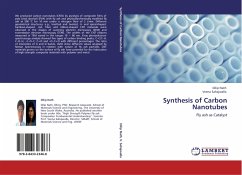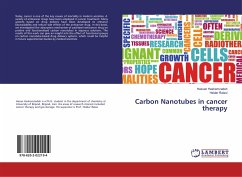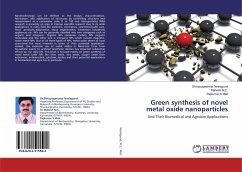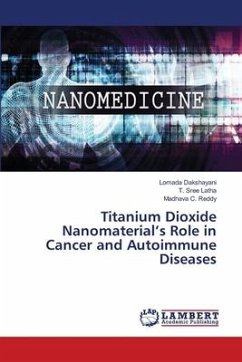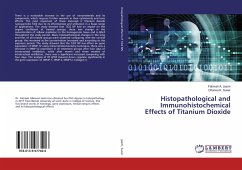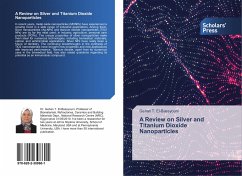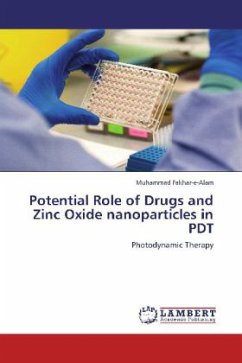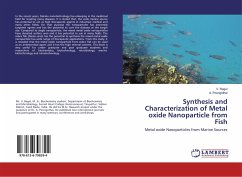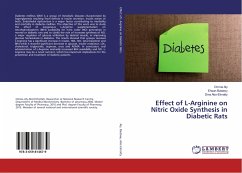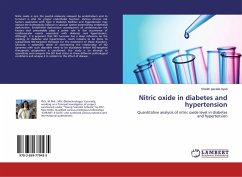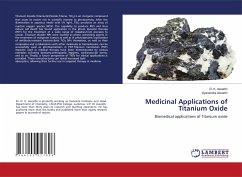
Medicinal Applications of Titanium Oxide
Biomedical applications of Titanium oxide
Versandkostenfrei!
Versandfertig in 1-2 Wochen
26,99 €
inkl. MwSt.

PAYBACK Punkte
13 °P sammeln!
Titanium dioxide (titanium(IV)oxide,Titania, TiO2) is an inorganic compound that owes its recent rise in scientific interest to photoactivity. After the illumination in aqueous media with UV light, TiO2 produces an array of reactive oxygen species (ROS). The capability to produce ROS and thus induce cell death has found application in the photo dynamic therapy (PDT) for the treatment of a wide range of maladies,from psoriasis to cancer. Titanium dioxide NPs were studied as photo sensitizing agents in the treatment of malignant tumors as well as in photodynamic inactivation of antibiotic-resist...
Titanium dioxide (titanium(IV)oxide,Titania, TiO2) is an inorganic compound that owes its recent rise in scientific interest to photoactivity. After the illumination in aqueous media with UV light, TiO2 produces an array of reactive oxygen species (ROS). The capability to produce ROS and thus induce cell death has found application in the photo dynamic therapy (PDT) for the treatment of a wide range of maladies,from psoriasis to cancer. Titanium dioxide NPs were studied as photo sensitizing agents in the treatment of malignant tumors as well as in photodynamic inactivation of antibiotic-resistant bacteria.Both TiO2 NPs themselves, as well as their composites and combinations with other molecules or biomolecules, can be successfully used as photosensitizers in PDT.Titanium nanotubes (TNT) implants used in medical therapy have been demonstrated by various examples including dentistry,orthopaedic implants, cardiovascular stents, and so on. Finally, a future perspective of TNTs for clinical applications is provided. These nanostructures can reveal increased lightabsorption, allowing their further use in targeted therapy in medicine.



